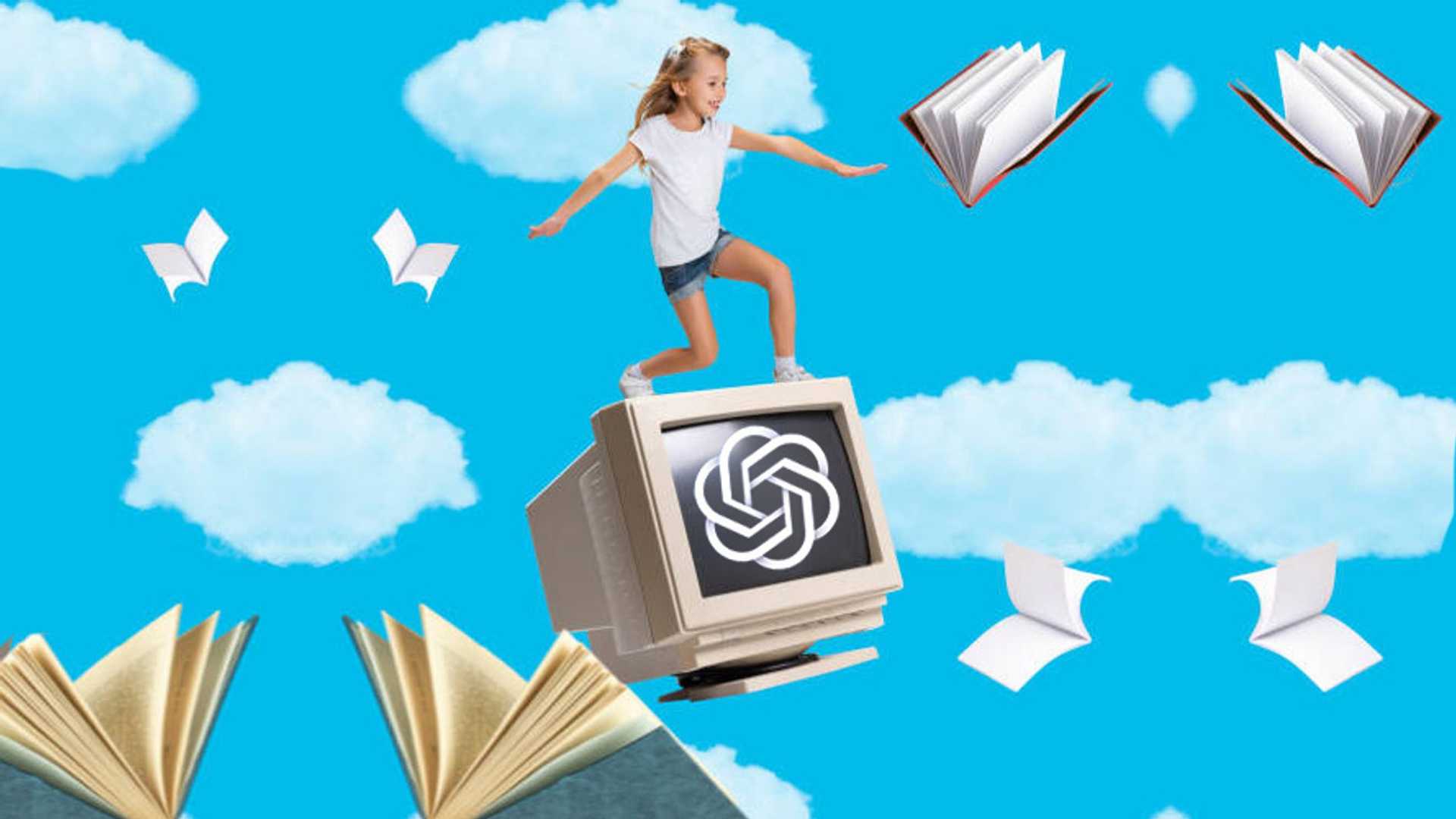ChatGPT in Education Sector: Benefits and Challenges
The education sector has been revolutionized by ChatGPT, an advanced language model developed by OpenAI. ChatGPT has the ability to provide personalized and adaptive learning experiences to students, making learning more accessible and effective. However, there are also challenges that need to be addressed proactively to ensure equitable and effective learning outcomes for all students.
Benefits of ChatGPT in Education Sector
- Customized Learning: ChatGPT helps to create customized learning experiences for students based on their interests, individual needs, learning styles, and skill levels for improved learning outcomes. It can help students to learn at their own pace and level of understanding.
- Accessibility: ChatGPT provides sources of information and guidance for students as well as teachers and provides easier access to support when needed. Further, it helps make learning more accessible to students with disabilities which helps them achieve academic success.
- Instant Feedback: Instant feedback is valuable in improving course material, facilities, and learning experience as a whole. ChatGPT helps students to identify their weak areas and work on them. It provides real-time feedback, saves time, and increases productivity.
- Assignment Help: ChatGPT is a valuable tool that helps generate ideas for assignments, lesson plans, and other activities that align with their objectives. It evaluates and improves the quality of written work. ChatGPT can also facilitate virtual classrooms.
- Language Learning: ChatGPT helps in language learning and provides translations, vocabulary practice, and grammar explanations to help students practice and improve their language skills.
- Interaction: ChatGPT helps interact with students and solves queries rapidly. It assists students after and before class and enhances the learning experiences which affect their outcomes. It helps students to develop critical thinking and problem-solving skills.
Challenges of ChatGPT in Education Sector
- Privacy and Security: ChatGPT can collect and store data on a user, which raises concerns regarding privacy and security. It is important that ChatGPT adheres to ethical and legal standards for data collection and storage and communicates with the user about the data that is being collected and how it is being used.
- Inaccuracy: ChatGPT may provide inaccurate or incomplete information that leads to misunderstanding or confusion for both teachers and students.
- Bias: Like any other AI technology, ChatGPT might copy biases from the data trained on. This generates biased content that impacts both teaching and learning badly. The developer should ensure that the model is trained with different data sets and that it can actively mitigate against biases.
- Over-reliance on Technology: ChatGPT can process and generate ideas quickly, which might lead to the over-dependence of reliance on technology. It in turn reduces critical thinking, creativity, problem-solving, etc. Because it gives instant answers and solutions to students’ problems leading to a decrease in their ability to think and create independently.
- Cost: Many schools might not have the budget to implement ChatGPT to assist the student. ChatGPT education sector can be costly.
Despite the challenges, ChatGPT has a huge potential in the future which has to be looked for by the users rather than only looking at the challenges.
Educators should be aware of these issues and provide safe and effective research while using ChatGPT, as AI is incapable of engaging in critical thought to provide appropriate responses sometimes.




















